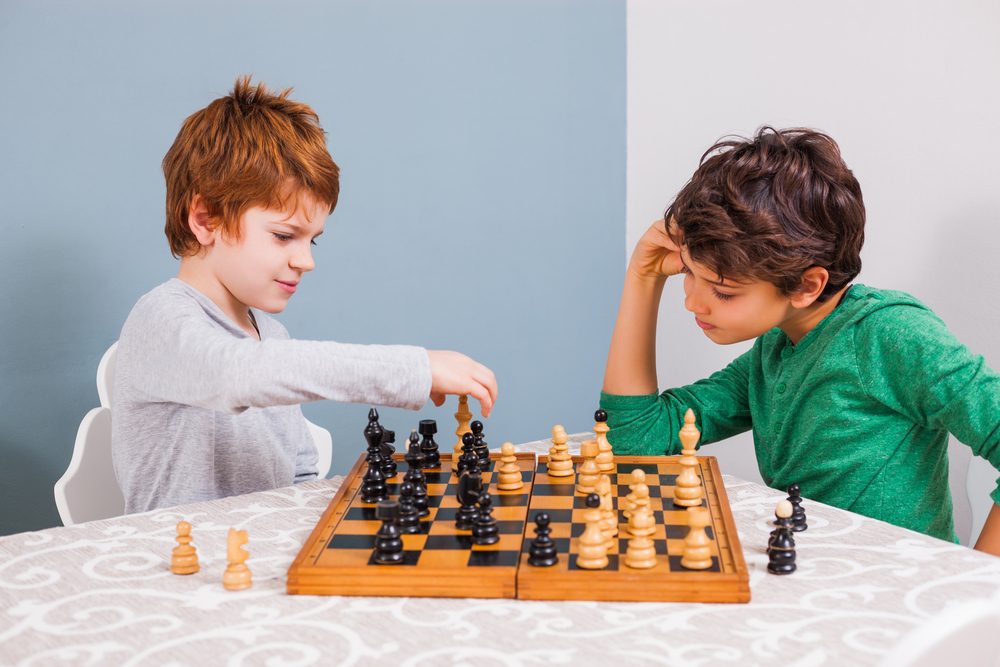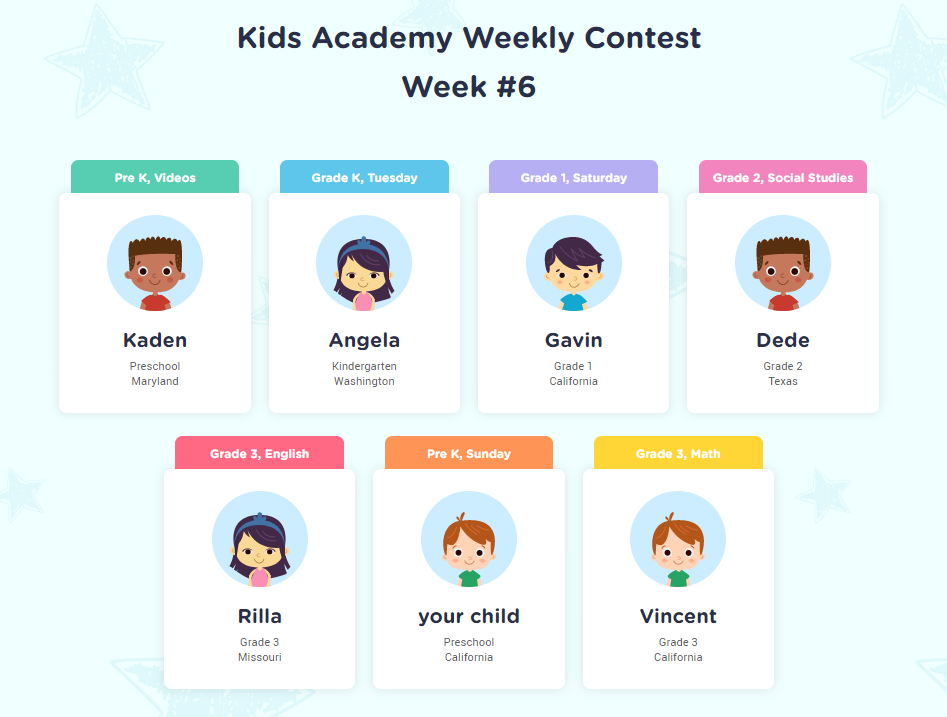5 Science-Backed Ways to Read with Your Child
May 7, 2018

As parents, most of us have already heard quite a lot about the importance of reading to children. We know that reading aloud to kids help them acquire new vocabulary while nurturing a close bond between parent and child. For many kids, reading soothes them before bed, and serves an important role in the daily routine.
But at the end of the day, how do we know that our child’s bedtime reading routine truly impacts our child’s developing early literacy skills and learning? According to the American Academy of Pediatrics, reading to children as early as infancy through the preschool years enter school with more advanced language skills than children who aren’t read to regularly. Further, reading to kids even has long-lasting impacts, even after they start reading themselves.
If you’re wondering where to start when it comes to how to teach a child to read, let’s take a step back and look at 5 steps you can take to promote early language skills to promote reading readiness and learning.
Start early
Let’s face it: infants aren’t the best listeners. Between feeding and sleeping, you’re lucky if your baby can stay awake long enough to look at the colors and pictures on each page. Biological studies show that reading to children changes the way their brains work. It primes even the littlest of learners for reading by developing vocabulary. For preschoolers, reading aloud helps kids learn to understand narrative structure and develop mental imagery that helps them comprehend stories.
Lastly, by starting a reading routine early, kids who are read to from birth tend to grow up loving books more than kids who were rarely read to throughout early childhood. With virtually no negative aspects of reading to children from an early age, there’s really no reason why parents shouldn’t start reading to kids starting from day 1.
Let your child choose the books
Tune into your toddler to discover his or her interests to select the perfect books. But once your child is old enough, allow him or her to pick the books. Take a trip to the library and allow your child to choose, and don’t worry if one book is being repeated over and over again!
As long as your child is interested and excited, reading aloud together will be a positive experience for all involved. Always encourage kids to express themselves and choose the books that they want to read to ensure they develop a deep love for reading and learning more about the subjects they love!
Select picture books over leveled readers when a parent is reading
Once your child learns to read sight words, you might be tempted to offer only leveled readers for more reading practice. But these books contain simple language and easy sight words, which are important for early readers, but do nothing to increase vocabulary acquisition. According to recent research, reading to children is even more important that simply talking to children when it comes to learning vocabulary.
And believe it or not, picture books tend to contain higher level vocabulary than early readers because parents are the people who are doing the actual reading. Therefore, kids are exposed to new and varied words and sentence structure, increasing their language skills for years to come.
Preview books and make predictions throughout
Reading routines make wonderful opportunities for introducing your child to narrative structure and elements of a story. Before reading ask your child to notice elements of the pictures on the front cover of the book. Look for details, like the characters, colors, the background, letters, etc. Talk about how certain colors, like dark colors, might make the picture look frightening or spooky, while bright colors may make the cover look joyful and inviting. As you read, stop to ask your child to summarize what you’ve already read.
Encourage him or her to make predictions about what might happen to the character next. Review key plot points with your child, and ask them to interpret the feelings the characters are feeling based upon their expressions. This helps kids look for important details in a book and boosts their reading comprehension and analysis skills.
Don’t stop reading with your child once he or she learns to read
There is growing evidence that reading to your child aloud has lasting impacts on a child’s development, which lasts long after kids learn to read. We already know that kids who are regularly read to during early childhood enter kindergarten with more language skills than their less advantaged peers.
But researchers are also starting to recognize that reading to children—even after they have learned to read—continues to benefit young learners. Aside from the shared bonding time, kids can benefit from listening to advanced vocabulary, sentence structure, and correct pronunciation.
If your child is just starting out on his or her lifetime learning journey, or even if you have a toddler getting ready for preschool, there’s nothing more important to your child’s early education than simply picking up a book and spending time reading to your child every day. By giving your child the power to pick the perfect picture books, you can instill early literacy skills build vocabulary by simply reading aloud and asking your child questions to stimulate their thinking.











